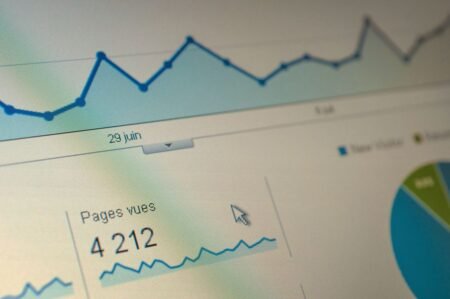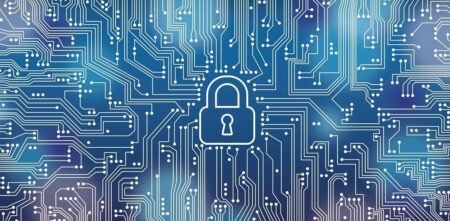In a bustling office, Sarah, a capable project manager, presents her ideas in a meeting. She notices that every time she speaks, her male colleagues interrupt or take over the conversation. Meanwhile, Alex has been trying to ignore some offensive jokes involving his ethnic background from one of his colleagues. Then, there’s Lisa, who’s noticing that certain tasks that are part of her job are being redistributed to her non-dyslexic colleagues.

In a bustling office, Sarah, a capable project manager, presents her ideas in a meeting. She notices that every time she speaks, her male colleagues interrupt or take over the conversation. Meanwhile, Alex has been trying to ignore some offensive jokes involving his ethnic background from one of his colleagues. Then, there’s Lisa, who’s noticing that certain tasks that are part of her job are being redistributed to her non-dyslexic colleagues.
These scenarios are familiar to many and highlight the subtle yet pervasive nature of microaggressions – small, often unintentional slights that reveal underlying biases and can significantly impact workplace dynamics.
What are microaggressions in the workplace?
Microaggressions are subtle, often unintentional, words or actions that communicate prejudice or negative stereotypes towards marginalised groups. They can be as simple as a look, a gesture, or a seemingly harmless comment. In the workplace, these microaggressions can have a significant impact on the recipient, making them feel invalidated, othered, and devalued. These everyday occurrences contribute to a climate of hostility and discrimination.
Diversity consultancy EW Group explains further: “Living in a highly stratified society, we are rarely exposed to people who are different from us in a meaningful way. As a result, we are influenced by stereotypes, which in turn affect our attitudes and behaviours. However, some of these assumptions are implicit rather than explicit. Unfortunately, due to their discreet nature, this makes them difficult to overcome, so they need to be made conscious to be tackled.”
Gender
Women are more likely to be interrupted by men than vice versa, and in professional settings, this can negatively impact their perceived authority, undermine their contributions, and reinforce a workplace culture where female voices are less valued. Assumptions about women’s roles, such as expecting them to organise office events or take notes, also reflect ingrained gender biases. Additionally, using gendered language like “man-up” perpetuates the stereotype that toughness and leadership are inherently male traits.
Race
Microaggressions related to race often involve assumptions about a person’s abilities or character based on their ethnicity. Research shows that people of colour frequently have their qualifications questioned or their achievements diminished, which can undermine confidence and career prospects. Jokes or remarks that rely on racial stereotypes can create a hostile environment, regardless of the intention of the speaker. Ignoring the unique experiences of people of colour in discussions about diversity further marginalises ethnic groups.
Identity
Microaggressions also affect individuals based on sexual orientation, gender identity, or religion. For example, making assumptions about someone’s sexual orientation or using inappropriate language related to their identity can cause significant discomfort and alienation. Research has highlighted that microaggressions towards LGBTQ+ individuals can result in decreased work performance and psychological distress in victims. Similarly, excluding individuals from social or professional events based on perceived differences reinforces a culture of exclusion and inequality.
Disability
Microaggressions can also stem from disability bias. This can include using inappropriate language related to a person’s disability or making assumptions about their capabilities. These ableist microaggressions can significantly impact individuals, leading to psychological distress such as depression, anxiety, and stress.
The impact of microaggressions on individuals and the workplace
Microaggressions can have profound psychological effects on individuals. Repeated exposure to subtle forms of discrimination can lead to increased stress and anxiety, lowered self-esteem, and feelings of isolation. Victims may develop imposter syndrome, doubting their abilities and feeling they do not belong in their roles.
The workplace also suffers when microaggressions are prevalent. Employee engagement drops, as those on the receiving end of microaggressions may feel less valued and less inclined to contribute. Productivity can decrease, and turnover rates may rise, as employees seek environments where they feel respected and included. An inclusive workplace culture is crucial for fostering innovation and collaboration. Research shows that diverse teams perform better when all members feel included and valued.
Moreover, the presence of microaggressions can harm workplace morale and hinder efforts to build a truly inclusive environment. Organisations may find it challenging to attract and retain top talent from diverse backgrounds if they are perceived as fostering or tolerating a culture of exclusion. Addressing unconscious biases and microaggressions is not only a moral imperative but a business one as well.







